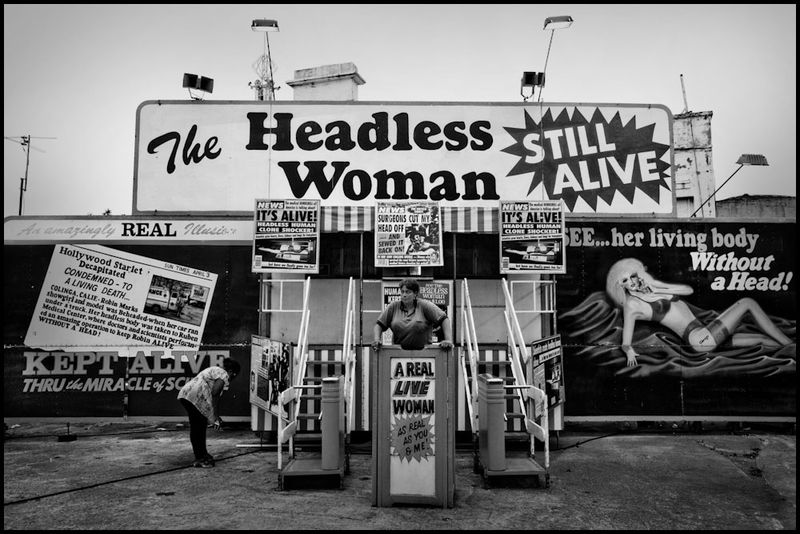Who among us doesn’t build a castle in the sky once or twice in his or her dreams? Some, however, don’t let such fancies pass.
For more than three decades, Horace Bullard fantasized of building a Coney Island with some of the luster the one of his youth possessed. And year after year he was frustrated, unable to transform what was in his head into reality. Bullard wasn’t a Rip Van Winkle: He lived a full life. But along with that life was a parallel one that remained unrealized, though he could almost touch it. Would reality have been a disappointment? We’ll never know.
From C.J. Hughes in the New York Times:
“Born in 1938 in East Harlem, Mr. Bullard grew up impoverished as the son of a black father, who was a plumber, and a Puerto Rican mother who raised five children. He began working at the age of 8 shining shoes, according to a television interview produced for the Manhattan Neighborhood Network TV channel in the early 2000s.
And although he said he largely shrugged off prejudice, his sister blamed racism for his failure to secure a Kentucky Fried Chicken franchise in New York in the 1960s. But he later turned that to his advantage, having a friend analyze the chain’s batter and adding Puerto Rican spices, or ‘a touch of love,’ his sister said.
In 1968, that recipe grew into Kansas Fried Chicken, a chain named for Max’s Kansas City, a popular nightclub in Lower Manhattan where Mr. Bullard liked to spend time, said Ita Lew Bullard, who said she was his common-law wife for 35 years until they separated in 2002. He made his fortune from the chain, which once had 18 locations across the country — including one on the ground floor of the Shore Theater.
The business eventually closed, but the profits enabled Mr. Bullard to buy up properties on Coney Island and to begin dreaming of restoring the resort area’s luster with new or improved rides and parks.
‘He wanted year-round amusements, year-round employees,’ said Ralph Perfetto, a Coney Island resident and political organizer who knew Mr. Bullard since the 1970s. ‘It would make the neighborhood safe at night, it would be lighted up and clean, so we were strongly in favor of Horace Bullard.’ Even Mr. Bullard’s stationery was inscribed with carnival rides on it.”
Tags: C.J. Hughes, Horace Bullard

